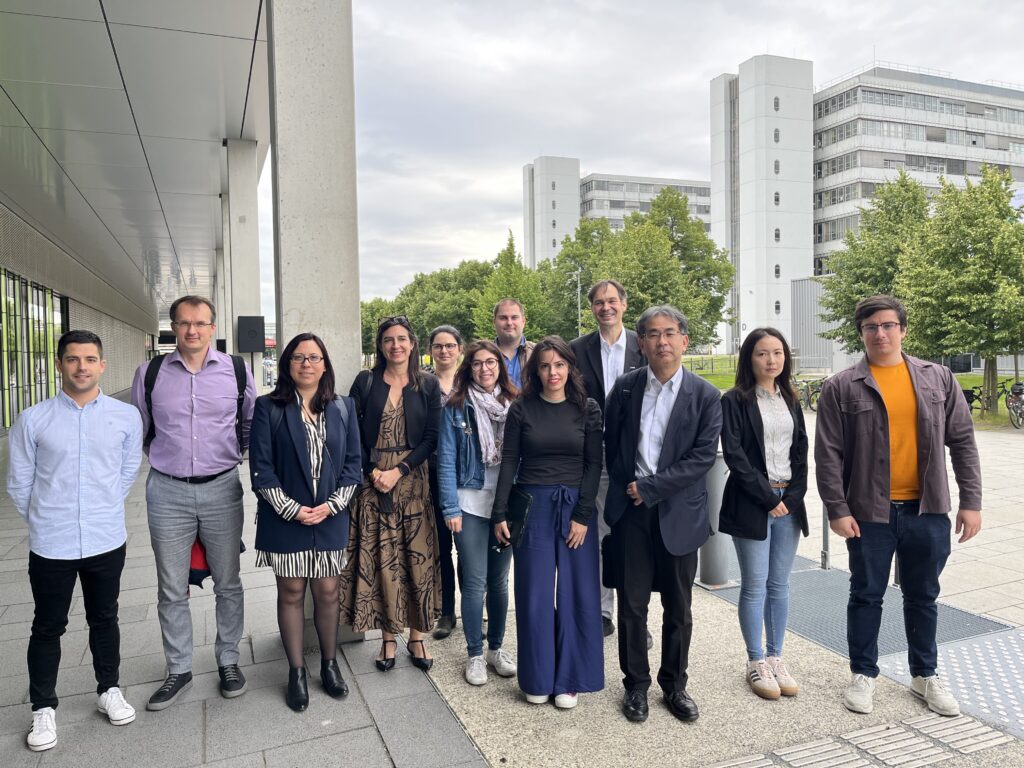The 4AirCRAFT project consortium met at Bielefeld University to discuss the progress made and the remaining actions to be taken in the remaining year of the project.
With the core part of the basic and materials research focused on CO2 electrolysis already completed, the current focus is on the testing of the selected catalysts and materials to carry out the proof of concept.
Fruitful meeting for the future of the project
During the meeting, the consortium partners shared their latest results and findings, assessing the overall progress of the project and defining strategies to address the remaining tasks in the remaining time.
A crucial year for proof of concept
The coming months will be mainly devoted to the thorough testing of the selected catalysts and materials, with the aim of validating their performance and optimising their operation in the context of CO2 electrolysis. This critical phase will lay the groundwork for the final proof of concept, which will demonstrate the feasibility and potential of the technology developed by the 4AirCRAFT project.
Collaboration and commitment to success
The 4AirCRAFT consortium was united and committed to moving forward efficiently and effectively during the remaining year of the project. The close collaboration between the partners and the dedication of each team are key elements in achieving the set objectives and successfully completing the project.
A step in the sustainable aviation fuels production
The final straight begins to carry out the proof of concept of the cascade reactor for the production of synthetic aviation fuels. In this last part, the modules that have been investigated throughout the project will be tested in order to see their final behaviour in cascade. The coming months will be decisive to pave the way towards the novel strategy of the 4AirCRAFT project for the sustainable liquid fuels production.


